The anti hero archetype has gained immense popularity in modern storytelling. From Deadpool to Walter White, these characters fascinate us even though they are morally ambiguous.
These characters are basically heroes who break the mold and are often complex, flawed, and morally ambiguous. And they have become a staple of popular culture.
But what is it about these flawed and unhinged characters that we find so compelling? Let us explore the psychological reasons why everyone loves the anti hero archetype.
What is an anti hero?
Antihero definition: An anti-hero is a character who lacks traditional heroic qualities. They may be selfish, violent, or dishonest, but they are also complex and multi-layered.
Anti-heroes often have a tragic backstory that explains their behavior, and they are usually motivated by a desire to survive or protect their loved ones. According to antihero definition, unlike traditional heroes, who have a clear sense of right and wrong, anti-heroes live in shades of gray.
Now that we know what is an anti hero, let’s discover some of the most prominent anti hero characteristics.
Related: Is Marvel’s Moon Knight A Superhero With Mental Illness?
8 Anti hero characteristics
Anti heroes share several common characteristics that make them so compelling. Here are some of the most common anti hero characteristics –
1. They are flawed
The anti hero archetype is not perfect. They don’t do everything right and they don’t always make the best decision.
They have weaknesses and make mistakes, just like real people. Yet, they always end up protecting and helping those in need.
2. They are often outsiders
The antihero is not necessarily the most popular person in their world. They are typically not loved by everyone neither do they get the most attention. They don’t fit in with society’s norms and may even be seen as outcasts.
3. They are complex
Anti-heroes are multi-dimensional characters with conflicting emotions and desires. They experience difficult emotions and varying motivations that make them unpredictable.
They struggle with conflicting emotions and thoughts, just like we do. This complexity makes them more realistic and intriguing. And this is one of the reasons why everyone loves the anti hero archetype.
4. They are relatable
Despite their flaws, anti-heroes often have qualities that we admire, such as courage or loyalty.
5. They are morally ambiguous
One of the defining characteristics of an anti-hero is their moral ambiguity. They make choices that are not easily categorized as right or wrong, blurring the lines between heroism and villainy.
6. They struggle with a dark past and inner demons
Anti-heroes often carry a burden from their past, be it a traumatic event or a personal struggle. These inner demons humanize them and elicit empathy from the audience. This is perhaps the most relatable anti hero characteristics.
7. They are pragmatists
Unlike traditional heroes who follow a strict moral code, anti-heroes are pragmatic. They are willing to bend the rules and make tough decisions, often sacrificing their integrity for the greater good.
8. They are reluctant heroes
Anti-heroes are not eager to embrace their heroic roles. They might initially reject the call to action or only act for personal gain. Their reluctant heroism adds depth to their character arc.
Related: 7 Ways To Conquer Your Fear And Be Your Own Hero

9 Popular anti hero characters
Learning about some popular anti hero characters can help us gain a better understanding of what is an anti hero. There are countless examples of anti-heroes in popular culture. Here are just a few of the most popular anti hero characters based on antihero definition –
1. Walter White (Breaking Bad)
Walter White is a high school chemistry teacher who turns to cooking and selling meth to provide for his family after being diagnosed with cancer. He becomes increasingly ruthless and violent as the series progresses.
2. Tony Soprano (The Sopranos)
Tony Soprano is a New Jersey mob boss who struggles to balance his criminal empire with his family life. He is prone to violent outbursts and suffers from panic attacks.
3. Dexter Morgan (Dexter)
Dexter Morgan is a forensic blood-spatter analyst by day and a vigilante serial killer by night. His moral code, which allows him to target other killers, challenges traditional notions of justice and morality.
4. The Punisher (Marvel Comics)
The Punisher is a vigilante who uses extreme violence to take down criminals. He has no qualms about killing and is often at odds with other superheroes like Spider-Man.
Walter White (Breaking Bad): Walter White, a high school chemistry teacher turned methamphetamine manufacturer, exemplifies the anti-hero archetype. Driven by desperation and a desire to provide for his family, Walter descends into a world of crime, blurring the lines between good and evil.
5. Han Solo (Star Wars)
Han Solo, the charismatic smuggler from the Star Wars saga, embodies the anti-hero with his roguish charm and self-serving tendencies. He is undoubtedly one of the most well-known anti hero characters.
Despite his initial reluctance to join the fight against the Empire, he eventually finds himself drawn to the cause of the Rebel Alliance.
6. Lisbeth Salander (The Girl with the Dragon Tattoo)
Lisbeth Salander is a computer hacker with a troubled past, seeking vengeance against those who have wronged her. Her relentless pursuit of justice, regardless of the means, showcases her anti-hero qualities.
7. Jack Sparrow (Pirates of the Caribbean)
Captain Jack Sparrow is a witty and cunning pirate who often operates on the fringes of the law. His unpredictable nature and morally ambiguous actions make him a beloved anti-hero.
8. Deadpool (Marvel Comics)
Known for his irreverent humor and penchant for breaking the fourth wall, Deadpool is a skilled mercenary with a morally ambiguous approach to crime-fighting.
9. Catwoman (DC Comics)
Selina Kyle is a skilled thief with a complicated relationship with Batman, sometimes operating on the wrong side of the law while helping those in need.
Related: 18 Best Batman Quotes That’ll Unleash the Hero In You
Why everyone loves the anti hero
There are several reasons why audiences are drawn to anti-heroes. Firstly, they are relatable. We all have flaws and make mistakes, so it’s refreshing to see characters who are imperfect.
As per antihero definition, they also fulfill a desire for rebellion. They reject society’s norms and do things their own way. This can be cathartic for viewers who feel trapped by their own lives.
Another reason why anti-heroes are so popular is that they challenge our ideas about morality. Traditional heroes are often presented as paragons of virtue, but anti-heroes blur the lines between good and evil. This can be unsettling, but it also forces us to think critically about our own values and beliefs.
Anti-heroes also provide a sense of escapism. We may not be able to live out our wildest fantasies in real life, but we can experience them vicariously through anti-heroes. They allow us to explore dark and taboo subjects in a safe and controlled environment.
Finally, anti-heroes are simply more interesting than traditional heroes. They have more depth and complexity, and their actions are often unpredictable. This keeps audiences on the edge of their seats and makes for compelling storytelling.
7 Psychological factors that make us drawn to the anti hero archetype
There are several psychological factors that make us drawn to morally ambiguous characters:
1. Relatability
The flaws and struggles of anti-heroes mirror the imperfections of real life. Their journey of self-discovery and redemption resonates with our own human complexities.
2. Subversion of expectations
Anti-heroes subvert traditional hero tropes, offering a refreshing and unpredictable narrative. This departure from the norm makes us interested in them.
3. Empathy and redemption
Witnessing anti-heroes confront their inner demons and strive for redemption allows us to empathize with their struggles, instilling hope that we too can overcome our flaws.
4. Exploration of gray areas
The anti-hero archetype forces us to confront moral ambiguity and question our own sense of right and wrong, sparking introspection and critical thinking.
5. Rebellion
Morally ambiguous characters often reject societal norms and expectations. This allows us to live vicariously through these characters and experience a sense of rebellion.
6. Morality
Morally ambiguous characters challenge our ideas about morality. They blur the lines between good and evil, which can be unsettling, but it also forces us to think critically about our own values and beliefs.
7. Realism in fiction
By portraying characters with genuine human flaws, anti-heroes add a touch of realism to fictional narratives, making the stories more relatable and compelling.
Related: SUPER Life Lessons From Superheroes That Will Make You A Hero In Real Life
These are some of the reasons why everyone loves the anti hero. All of these factors contribute to our fascination with morally ambiguous characters and make them some of the most compelling and memorable characters in popular culture.

The anti hero archetype vs traditional hero archetype
So now we have a fairly good idea about what is an anti hero. But how does the anti hero archetype differs from traditional hero archetype? Here are some ways the anti hero archetype differs from the conventional hero:
1. Morality
Traditional heroes are typically defined by their strong moral compass and unwavering sense of right and wrong. Anti-heroes, on the other hand, often have a more ambiguous sense of morality and may engage in morally questionable behavior.
2. Flaws
Traditional heroes are often portrayed as flawless, or nearly so. They may have weaknesses or moments of doubt, but they ultimately triumph over their enemies.
Anti-heroes, on the other hand, are characterized by their flaws and imperfections. They may struggle with addiction, mental illness, or other issues that make them more relatable and human.
3. Motivations
Traditional heroes are often motivated by a desire to do good and protect others. Anti-heroes, on the other hand, may be motivated by self-interest, revenge, or a desire for power.
4. Backstory
Traditional heroes often have a tragic or inspiring backstory that explains their heroic behavior. Anti-heroes, on the other hand, may have a darker or more complicated backstory that explains their morally ambiguous behavior.
5. Relationships
Traditional heroes often have strong relationships with their allies and loved ones, and these relationships are often a source of strength and inspiration for them.
Anti-heroes, on the other hand, may have more complicated relationships with their allies and loved ones, and these relationships may contribute to their moral ambiguity.
The anti hero archetype challenges traditional notions of heroism and offers a more complex and nuanced approach to storytelling. It allows for a greater exploration of the human condition and the moral gray areas that exist in our world.
Takeaway
The anti hero archetype has become a staple of modern storytelling, and for good reason. These characters are complex, flawed, and morally ambiguous, which makes them relatable and interesting.
They challenge our ideas about morality and provide a sense of rebellion and escapism. From Walter White to The Punisher, anti-heroes have captured our imaginations and become some of the most beloved characters in popular culture.
Related: 13 Traits of An Omega Male: What Makes Him A Hero In The Shadows
Frequently Asked Questions (FAQs):
Is anti-hero a character archetype?
Yes, the anti-hero is a character archetype characterized by moral ambiguity and unconventional heroic qualities, challenging traditional hero stereotypes.
What are 3 characteristics of anti-hero?
Three characteristics include moral ambiguity, reluctant heroism, and pragmatism or willingness to bend rules for personal gain or greater good.
Is antihero a hero or villain?
An anti-hero can exhibit traits of both heroes and villains, often possessing a mix of virtuous and morally ambiguous qualities.


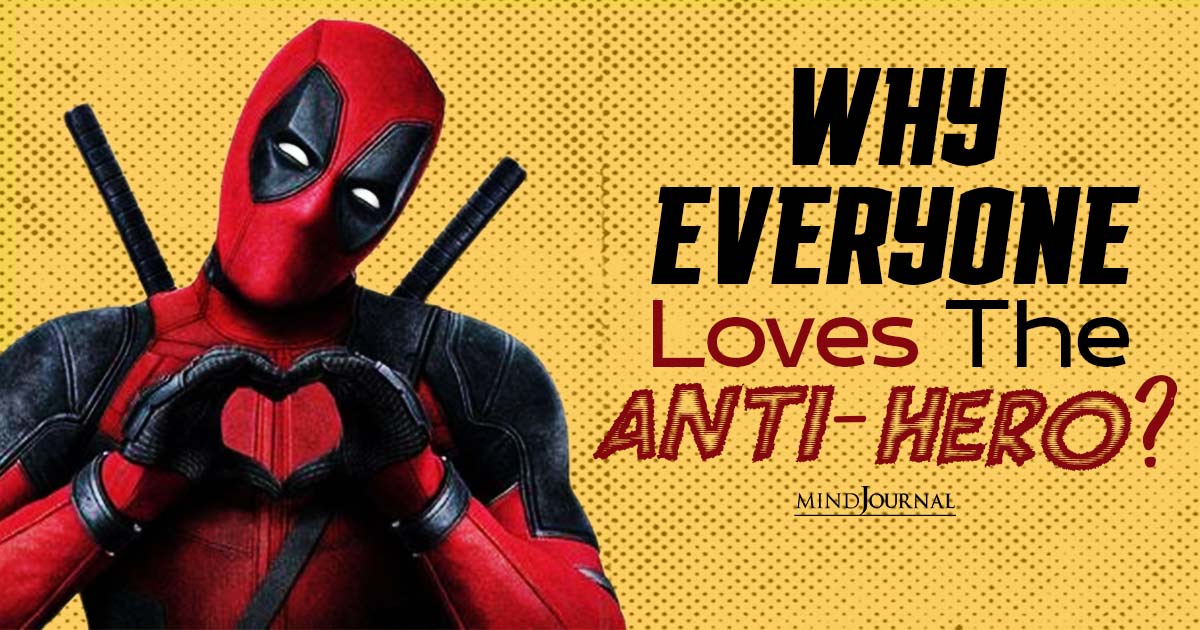

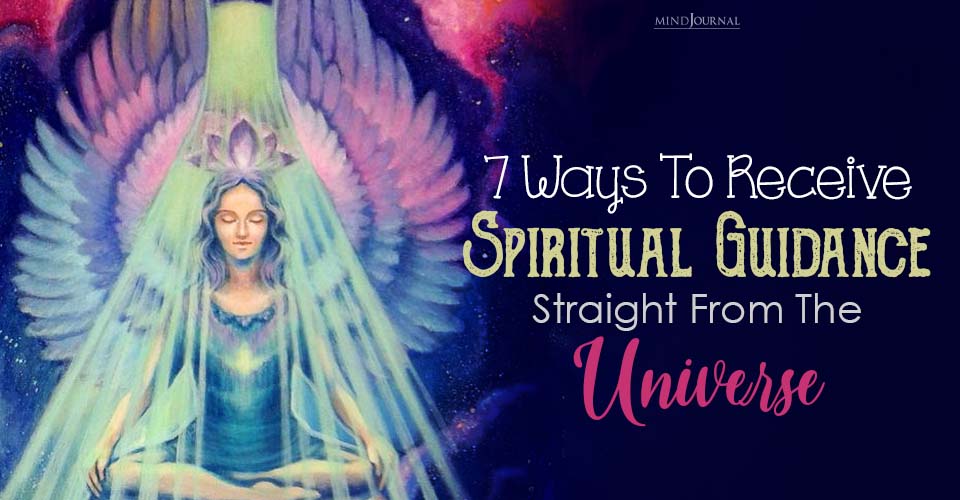
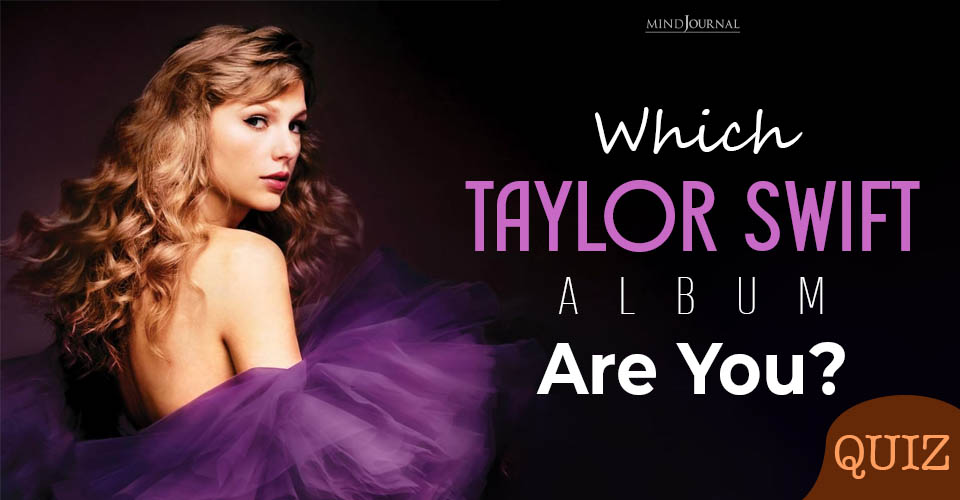
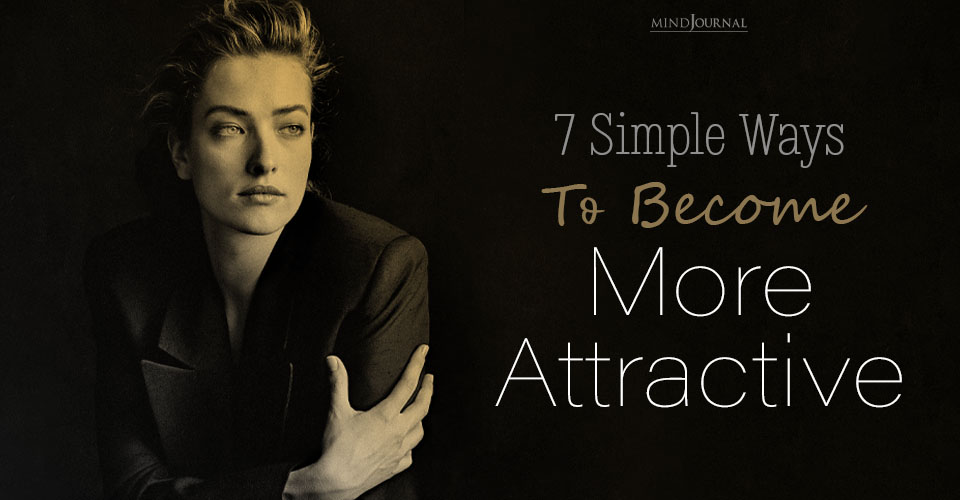
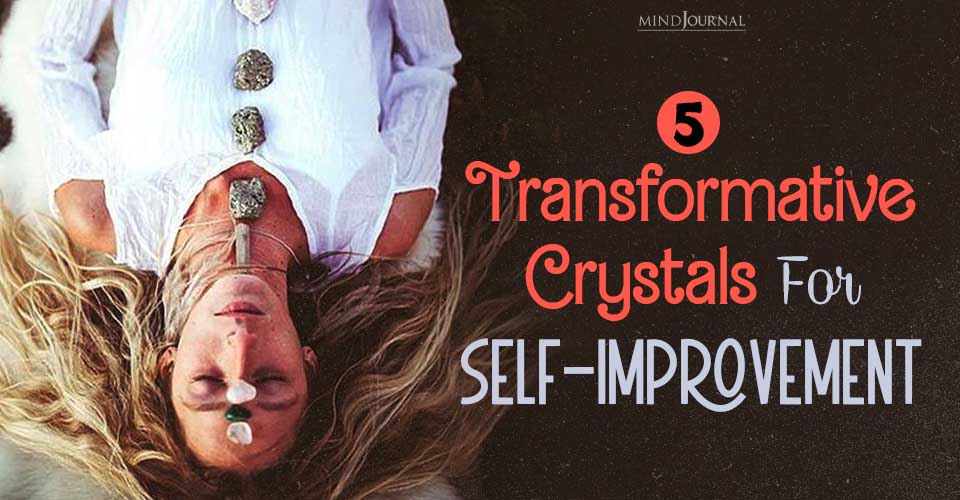
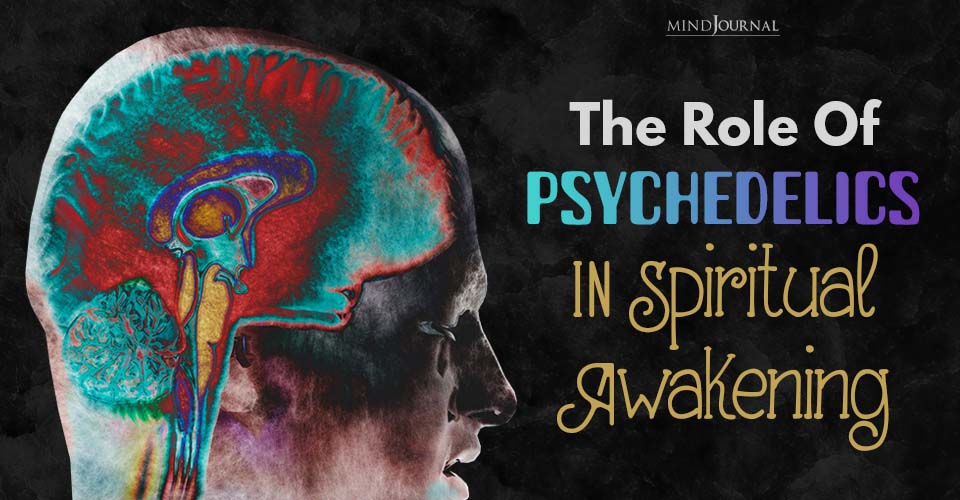

Leave a Reply